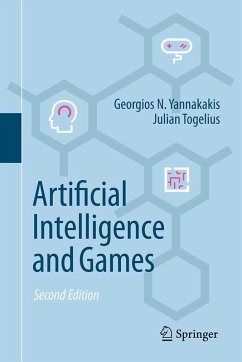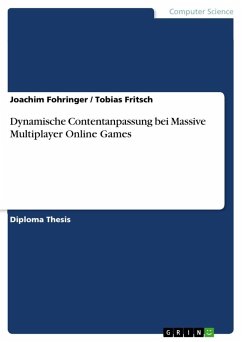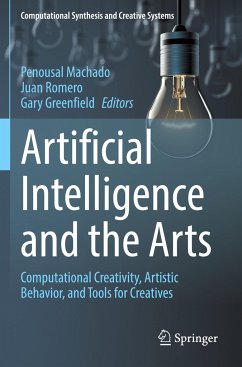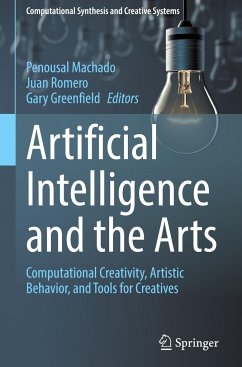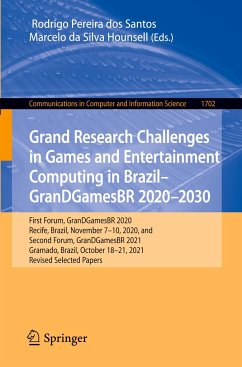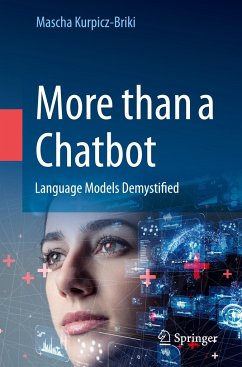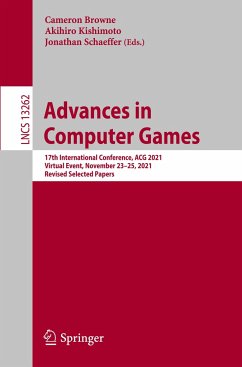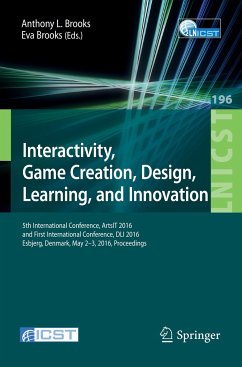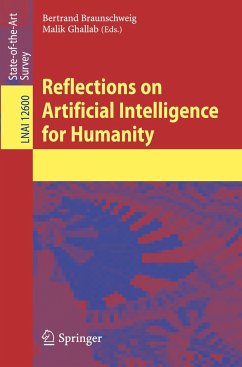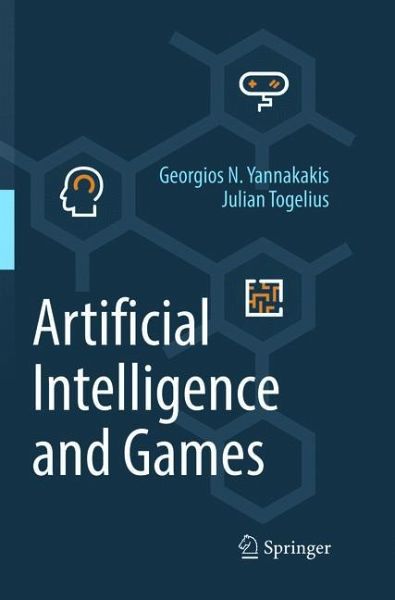
Artificial Intelligence and Games
Versandkostenfrei!
Versandfertig in 6-10 Tagen
27,99 €
inkl. MwSt.
Weitere Ausgaben:

PAYBACK Punkte
14 °P sammeln!
This is the first textbook dedicated to explaining how artificial intelligence (AI) techniques can be used in and for games. After introductory chapters that explain the background and key techniques in AI and games, the authors explain how to use AI to play games, to generate content for games and to model players.The book will be suitable for undergraduate and graduate courses in games, artificial intelligence, design, human-computer interaction, and computational intelligence, and also for self-study by industrial game developers and practitioners. The authors have developed a website (http...
This is the first textbook dedicated to explaining how artificial intelligence (AI) techniques can be used in and for games. After introductory chapters that explain the background and key techniques in AI and games, the authors explain how to use AI to play games, to generate content for games and to model players.
The book will be suitable for undergraduate and graduate courses in games, artificial intelligence, design, human-computer interaction, and computational intelligence, and also for self-study by industrial game developers and practitioners. The authors have developed a website (http://www.gameaibook.org) that complements the material covered in the book with up-to-date exercises, lecture slides and reading.
The book will be suitable for undergraduate and graduate courses in games, artificial intelligence, design, human-computer interaction, and computational intelligence, and also for self-study by industrial game developers and practitioners. The authors have developed a website (http://www.gameaibook.org) that complements the material covered in the book with up-to-date exercises, lecture slides and reading.



